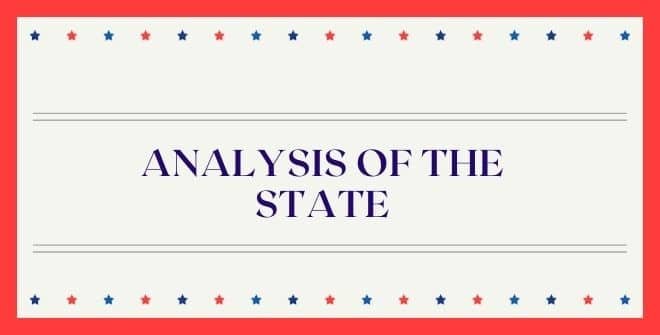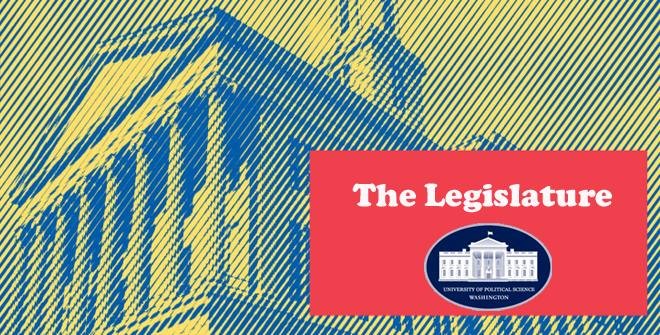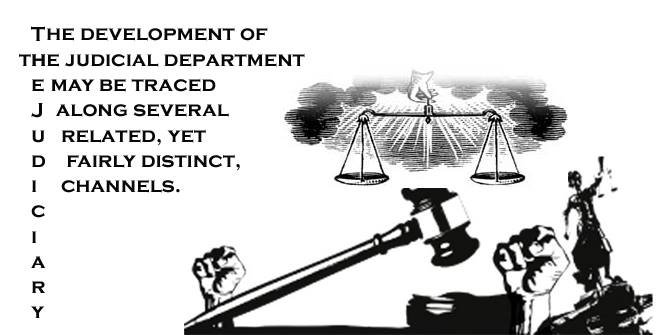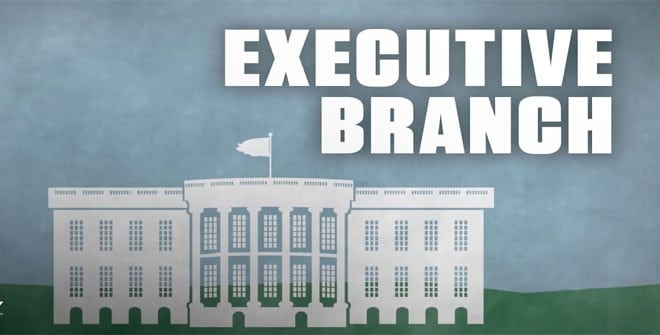Analysis of the State
Need for Analysis of the state. Since political science is the science at the state, a clear understanding of what is meant by the term “state” is important. From the beginning of social life, humanity has lived under some form of authority. This authority has varied in its nature and has exercised its functions through … Read more










